Is it possible that meijerG function contain a negative value (i.e. is {-1,0,0})? I tried both Mathematica and Matlab to compute this meijerG function but they generate an error that this meijerG is not defined for the given parameters`.
Here is my code:
D = (0.6);
lg1 = lg2 = 1;
G = evalin(symengine, sprintf('meijerG([[0], []], [[-1,0,0], []],%f)',(D/(lg1*lg2))));
CD = -((2*D)/(lg1*lg2*(log(4))))*G;
Here I have also attached the image of the function from the text.
